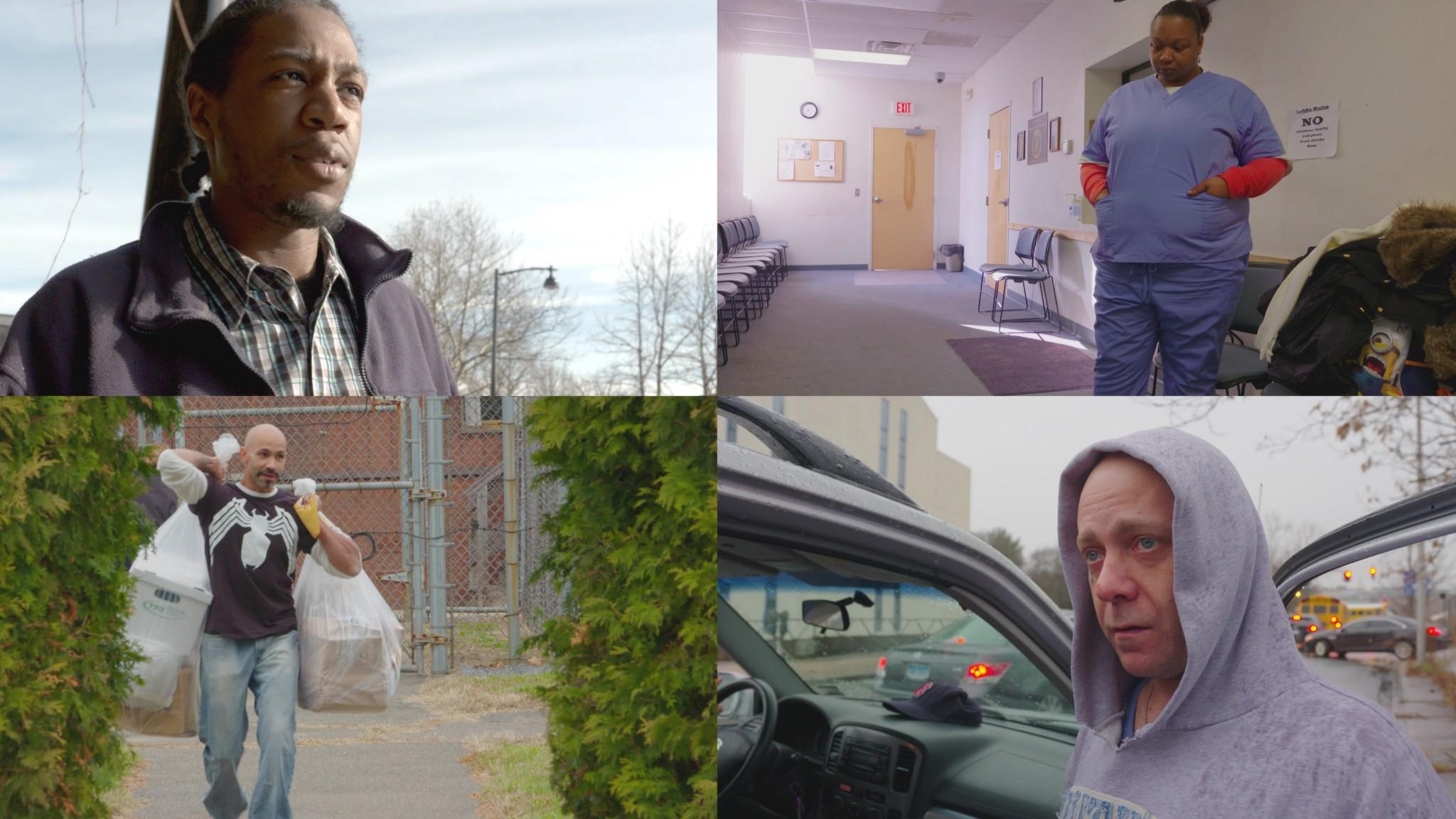New documentary explores the false freedom of life on parole
There’s a story the mainstream media trumpets most loudly when it comes to parole, and it’s a frightening one: A violent criminal is released from prison, and within weeks or months of their release, a heinous, tragic crime is committed again. The lesson this story teaches the public is toxic, and largely inaccurate. When the only stories of […]

There’s a story the mainstream media trumpets most loudly when it comes to parole, and it’s a frightening one: A violent criminal is released from prison, and within weeks or months of their release, a heinous, tragic crime is committed again. The lesson this story teaches the public is toxic, and largely inaccurate. When the only stories of parole we tell are those that end in bloodshed, “getting out on parole” becomes synonymous with fear, and imparts the idea that no one should ever receive parole.
A new documentary from Frontline and The New York Times, released Tuesday, seeks to tell a very different and far more common story. Life on Parole follows the stories of four formerly incarcerated people in Connecticut as they navigate the conditions of their release from prison. The film chronicles a lesser-told truth about what it really means to get out on parole, and just how easy it is to violate the terms of release and wind up back behind bars.
Under Gov. Dannel Malloy, the state of Connecticut has seen dramatic change in its criminal justice system. In 2012, the death penalty was abolished, and following the legalization of medical marijuana, lawmakers in the state are now considering legalizing marijuana for personal use. In 2015, Malloy launched a package of reforms to the state’s criminal justice system, which included speeding up the parole process for nonviolent offenders. But as more people are released on parole, the state now grapples with the rate at which they end up violating the terms of their release and winding back where they started.
The documentary offers a vital counter narrative to the most commonly told story, and illustrates that the most frequent violations that land someone on parole back in prison are a far cry from the dramatic violent stories that most often wind up in the headlines. Living under intense scrutiny and supervision, the experiences of the four subjects of the film demonstrate just how easy it is to misstep, for everything from visiting a loved one to buying a coffee at the wrong store.
“Some people think that being on parole is you’re free,” says Jessica, one of the film’s subjects who is on parole for five years. “You’re not.”
